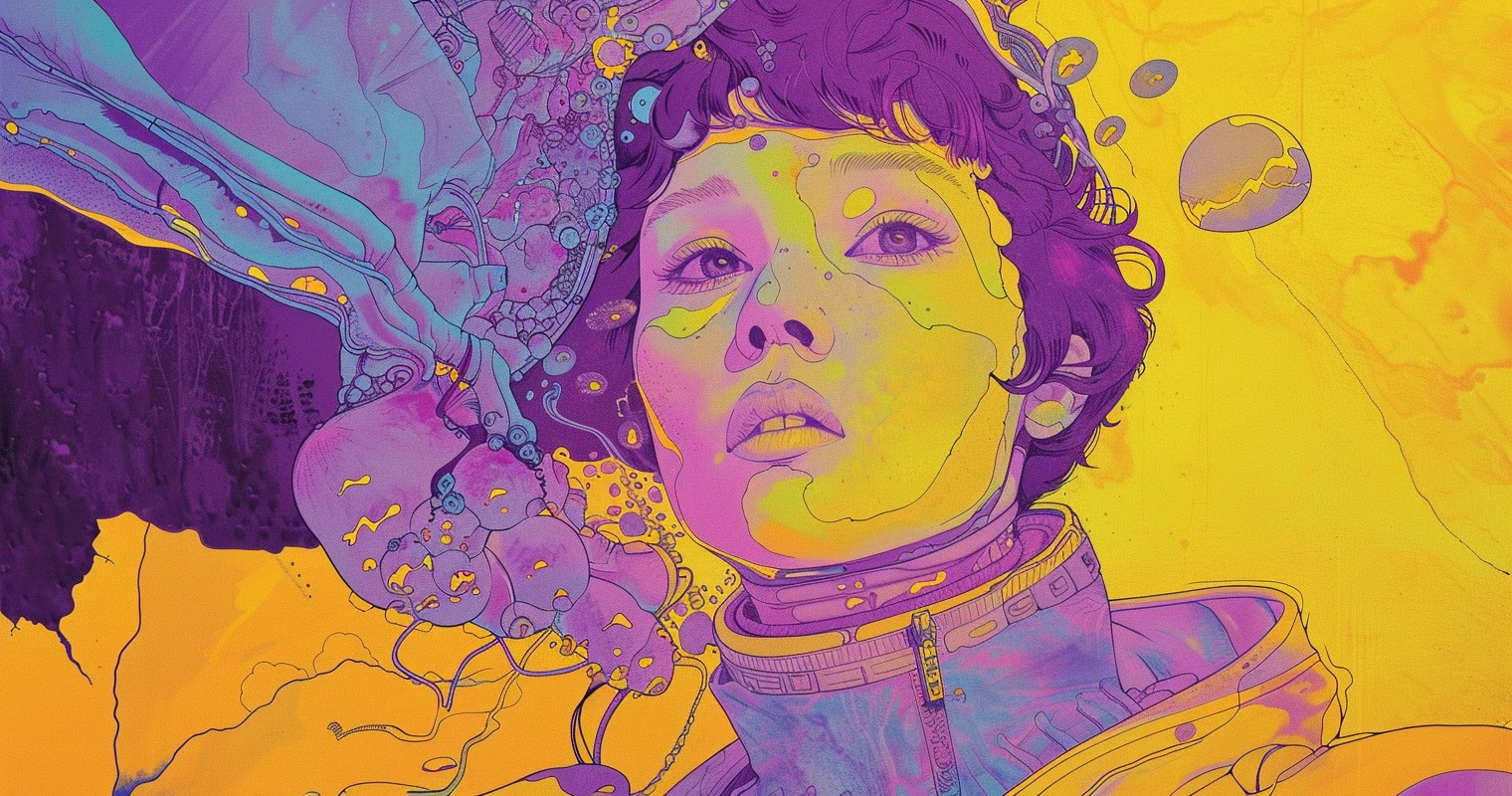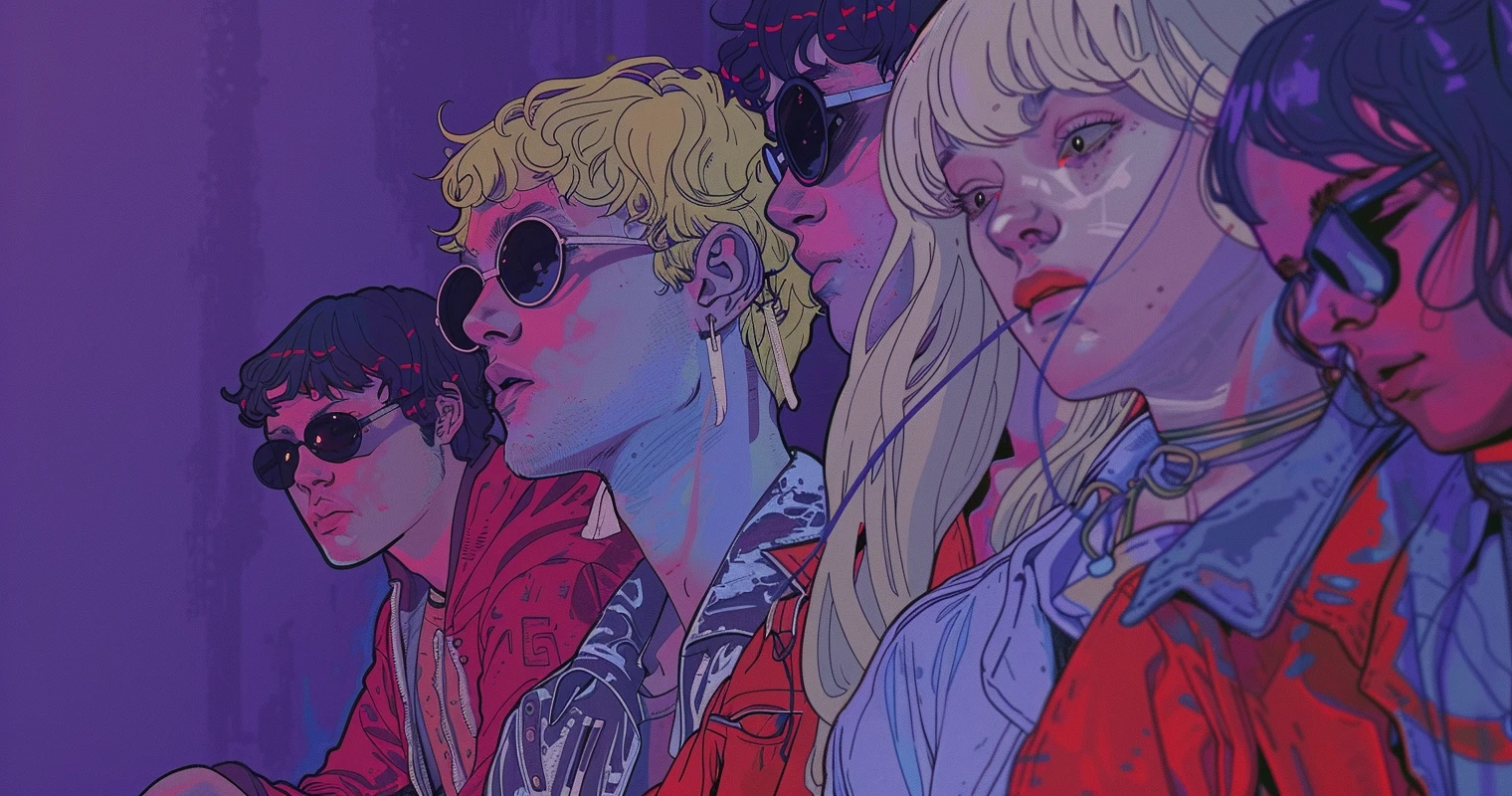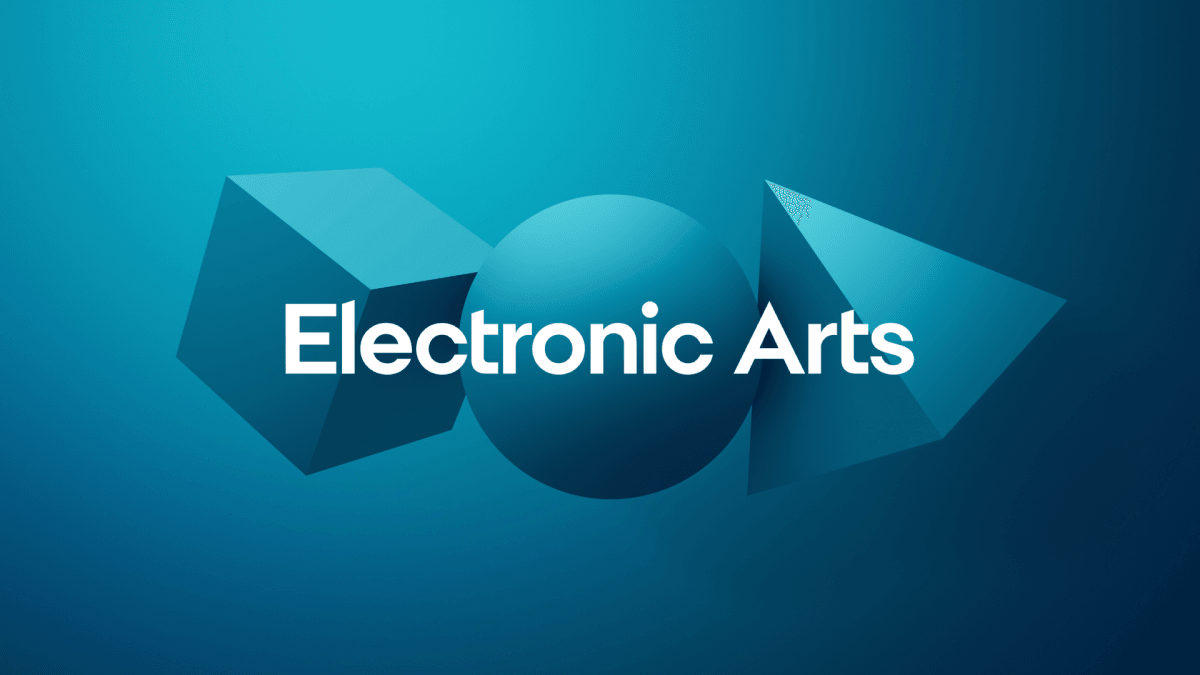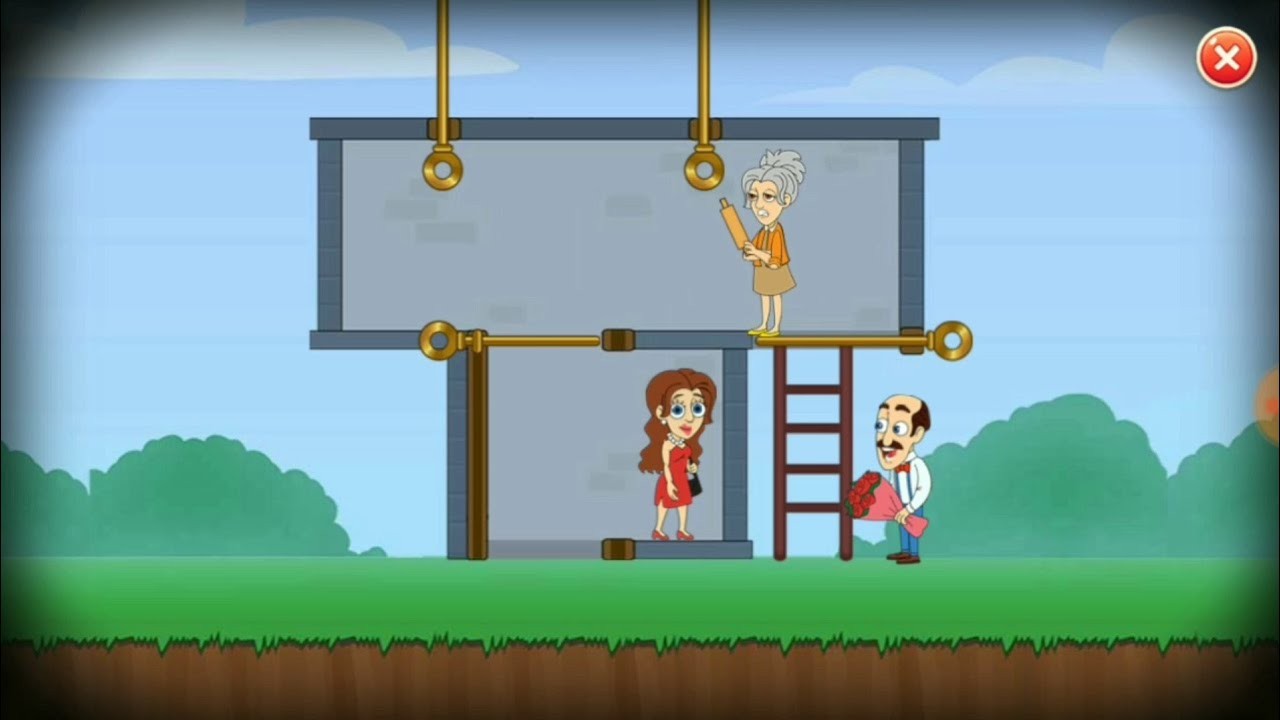Gen Z characteristics like their always-on connectivity, values-driven mindset, and buying clout are rewriting every advertising playbook. This cohort already counts for roughly a quarter of the world’s population and is on track to wield $12 trillion in global spending power by 2030 (NIQ, 2024) .
For brands, that’s not a distant future—it’s this morning’s campaign brief.
Nine out of ten Gen Z shoppers aged 18-25 pay for at least one subscription service and drop about $305 every month doing it, triple the spend of Gen X (Visa report, 2025). And almost half of U.S. teens say they’re online “almost constantly,” with 90 % owning a smartphone (Pew Research Center, 2024).
At Udonis, we see this firsthand in user acquisition data for mobile games. Campaigns that reflect authentic Gen Z characteristics like short-form video, creator collabs, and social commerce hooks outperform legacy tactics by double-digit margins.
This is why it’s essential for marketers to truly understand this generation.
Want to learn about other generations, too? Check out our articles on:
- Baby Boomer characteristics
- Gen X characteristics
- Millennials characteristics
- Gen Alpha characteristics
Who Is Gen Z?
Before we dig into their habits and values, let’s pin down who we’re talking about. Labels get tossed around, but a clear age range keeps your targeting (and budget) tight.
Gen Z Age Range
- Birth years: 1997 – 2012.
- Current ages in 2025: about 13 to 28.
That means the oldest Gen Zers are finishing grad school or moving into management roles, while the youngest are still in middle school. The spread matters: a 27-year-old has a paycheck and rent; a 15-year-old has an allowance and a TikTok account.
Segment your messaging accordingly.
A neat trick: think of the cohort in three life-stage buckets.
Early-teens (13-17), emerging adults (18-22), and young professionals (23-28).
Each group shares core Gen Z characteristics like digital fluency and social-first discovery, yet their motivations—from saving on student meals to investing in eco-friendly fashion—shift with age. Nail that nuance, and your campaigns will feel personal instead of cookie-cutter.
A Quick Timeline of Gen Z’s History
Before we jump into habits and buying cues, it helps to trace the moments that forged today’s Gen Z characteristics. Each milestone below shaped how this cohort discovers products, trusts brands, and spends money.
1997 – 2012 | Birth Window
As mentioned, Gen Z was born between 1997 and 2012, placing them at roughly 13-28 years old in 2025—prime teen-to-early-career territory. That long span means you’re speaking to both high-schoolers and new managers.
2000s | Digital Childhood
Their first memories are dial-up morphing into broadband, with the iPod’s 2001 debut putting thousands of songs in a pocket (Apple, 2001) .
YouTube followed in 2005, making on-demand video normal before they hit double digits. Early immersion in endless choice hard-wired a “why wait?” mindset—if your ad, site, or checkout lags, they swipe away.
2010s | Smartphones & Social Take Over
The iPhone era matured, and by 2024, a staggering 98 % of U.S. adults aged 18-29 own a smartphone (Pew Research Center, 2024). Social apps moved from novelty to default: TikTok illustrates the speed—usage among Gen Z rocketed from 12 % in 2019 to 64 % by early 2022 (KhrisDigital, 2025).
These shifts cemented core Gen Z characteristics like vertical-video fluency and an expectation that content feels native, not polished.
2020s | Pandemic, Remote Learning & Workforce Entry
COVID-19 yanked classes onto Zoom; U.S. enrollment for Gen Z college-age students fell up to 3.4 percentage points between 2019 and 2022 (USAFacts, 2024).
That disruption sharpened their demand for mental-health support and flexible everything, from school to shopping carts.
At the same time, Gen Z is forecast to make up 27 % of the global workforce by the end of 2025 (Forbes citing Zurich Insurance, 2025), bringing their remote-first, values-driven approach into your office Slack and your customer base.
The Most Important Gen Z Statistics You Should Know
- 67 % of Gen Z use Instagram to find local businesses, beating Google (61 %) and TikTok (62 %) (SOCi Consumer Behavior Index, 2024)
- 41 % of Gen Z shoppers hit “buy” after seeing a product in a TikTok video within the last 30 days (Zebracat, 2025)
- 64 % of Gen Z have completed a purchase directly inside Instagram or TikTok Shop (Zebracat, 2025)
- 73 % of Gen Z say they’ll pay more for products that are sustainable (First Insight, 2024)
- 96 % of Gen Z used a smartphone to shop online at least once in the past month (Britopian Gen Z Purchasing Behavior Report, 2025)
- 62 % of Gen Z consumers have used Buy Now, Pay Later services, topping credit-card use for the first time (American Banker / TSG & ETA Holiday Spending Survey, 2024)
- 61 % of Gen Z prefer product videos that run under 60 seconds (Zebracat, 2025)
- 64 % of Gen Z discovered at least one new product last month through an influencer (Zebracat, 2025)
- Gen Z is 2× more likely to trust a micro-influencer (69 %) than a celebrity endorsement (22 %) (Zebracat, 2025)
Gen Z vs Other Generations
- Gen Z vs Millennials: digital natives vs. digital adopters; faster-paced, more individualistic.
- Gen Z vs Gen X: change-focused vs. structure-focused; collaborative vs. skeptical.
- Gen Z vs Baby Boomers: highly connected vs. practical and cautious; trend-driven vs. value-driven.
- Gen Z vs Gen Alpha: mobile-first pioneers vs. AI + mixed-reality natives; value-led shoppers vs. parent-guided purchases; social-video creators vs. interactive world-builders.

Gen Z: Core Values and Beliefs
Think of this section as the “why” behind the Gen Z characteristics you see in every campaign brief.
Authenticity First
Gen Z can spot manufactured hype in seconds, and they’ll call it out just as fast.
In fact, 45 % of Gen Zers say authenticity is the single most important trait a brand can show (Jobera, 2025).
They use social feeds the way earlier generations used the yellow pages—except fake-looking posts get swiped past, not bookmarked. If your content doesn’t feel like you mean it, they’ll bounce.
Diversity, Inclusion & Belonging
This cohort grew up during #BlackLivesMatter, Pride live-streams, and global climate marches. So it tracks that 75 % of consumers (and Gen Z leads the charge) let a brand’s inclusion record steer purchase decisions (Kantar Brand Inclusion Index, 2024).
Mental-Health Mindset
For Gen Z, mental wellness isn’t a hush-hush topic. For them, it’s front-page news.
Over half would view a brand more positively if it openly supports mental-health initiatives (Verywell Mind, 2025).
Messaging around balance, therapy, or burnout relief earns instant credibility because it mirrors their daily conversations.
Self-Expression & Individuality
Scroll any Gen Z feed and you’ll see niche aesthetics, not copy-paste trends.
One-third feel more comfortable expressing themselves online than face-to-face (Zebracat, 2025). Campaigns that hand them creative control—think remixable sounds, “duet this” challenges, or avatar skins—click far better than top-down slogans.
Transparency, Accountability & Social Impact
Zoomers cross-check every claim.
A 2024 survey showed only 15 % of Gen Z believe brands meet their own social-responsibility promises, while 58 % of brand managers think they do (Ms. Magazine / DoSomething, 2024).
Close that trust gap with plain-language impact reports and real progress, not just rainbow logos in June.
Gen Z Personality Traits
Now let’s shift from “why they believe” to “how they behave” so you can build sharper tactics around Gen Z characteristics.
Digital-First Independence
They grew up multitasking on two screens, so autonomy feels natural. Yet 52 % prefer sliding into a brand’s DMs over public comments—collaboration, just on their terms (Zebracat, 2025).
Give them self-service tools plus invite-only Discord or close-friends Stories to co-create with you.
Entrepreneurial Spirit
66 % of 18-35-year-olds (Gen Z + young millennials) have started or plan to start a side hustle, and 65 % will keep it running into 2025 (Intuit, 2024). Position your product as a shortcut that saves them time or earns them money, and you’ll slot right into their grind.
Comfort With Constant Change
Whether it’s GenAI tools or hybrid semesters, this generation adapts fast.
61 % believe they have the power to drive change inside their workplaces (Deloitte Global Gen Z & Millennial Survey, 2024). Beta features, early-access drops, and “build with us” roadmaps tap into that change-maker energy.
Expectation of Instant Results
Attention spans aren’t short—they’re filter-fast.
56 % of consumers (heavily skewed Gen Z) prefer videos under 60 seconds, and 67 % will swipe away if nothing hooks them in the first 3 seconds (Zebracat, 2025).
Design funnels that load instantly, answer questions immediately, and let them react with emojis, polls, or quick-reply stickers.

Gen Z Lifestyle, Habits, and Interests
Phones are the command center for Gen Z. Everything else radiates from that always-on screen, shaping how they relax, learn, and shop.
Always-On Mobile Life
Gen Z checks a phone around 80 times a day, and not just for doom-scrolling. They pay rent, edit videos, and DM customer support—all between classes or meetings. Treat mobile as the primary stage, not a mirror of your desktop site.
Short-Form Video as Default
To Gen Z, anything past the two-minute mark feels like a mini-movie.
A six-second hook, crisp captions, and a payoff they can share with friends beat a polished 4K brand film every time. That’s why TikTok trends outrun Superbowl spots.
Multi-Masking: Consume + Create
Watching, clipping, stitching, reposting—often in a single breath. Give them remix tools so your product becomes the raw material for their creativity.
If it’s not remixable, it’s forgettable.
Values-Driven Shopping
Gen Z calls out brands on green-washing the way older generations spotted knock-off sneakers. They want receipts: third-party audits, real-world impact, and creators they trust putting their own reputation on the line.
Creative Playground
A meme, a midnight GarageBand loop, or a Roblox world—output is constant. Slip brand assets into that sandbox and you multiply reach without paying for impressions.
Gaming Culture
A large percentage of Gen Z are gamers.
Games are their town squares.
They hang out in Fortnite lobbies, stream Elden Ring bosses on Twitch, and collect mobile gacha drops between lectures. Partnerships that feel insider, exclusive skins, shout-outs from micro-streamers, land better than logo placement on a loading screen.
Wellness 2.0
Yes, they lift and run, but mental recharge leads the routine. Brands that talk therapy credits, guided breathing, or even digital detox options win respect faster than a generic “no days off” mantra.
Fashion & Digital Identity
Wardrobes now have two halves: physical clothes and virtual drip. Limited AR sneakers or avatar face filters scratch the same itch as a real-world drop, often with less carbon footprint.

Common Misconceptions About Gen Z
When a generation rewrites the rules, myths crop up fast. Let’s bust a few that still slip into boardroom decks.
“They’re Lazy.”
Zoomers won’t grind through clunky workflows. They’re time-efficient, not idle.
If an app freezes or your checkout takes eight taps, they vanish. Streamline the flow and they’ll stay longer than any loyalty card could promise.
“They’re Glued to Screens.”
Screens are doors: to gigs, friendships, and side incomes. A 2-hour TikTok spiral might include coding tips, a live guitar tutorial, and a job-application video.
That’s productivity, just packaged differently.
“They’re Anti-Social.”
Discord servers, private IG groups, and co-op raids foster bonds deeper than some office friendships. Shared memes at 2 a.m. can build trust faster than meeting agendas at 2 p.m.
“They’re Just Kids.”
The oldest Gen Zers manage teams, mortgages, and Roth IRAs. Talk down to them and you’ll lose the room—and the revenue. Talk peer-to-peer and they’ll send you their friends.
Marketing to Gen Z: What Works
Gen Z characteristics—mobile reflexes, creator culture, values-first shopping—set a high bar for brands.
Below are five tested plays that clear it.
1. Short-form, Mobile-First Storytelling
Open with motion, captions, and a payoff they can share.
57 % of Gen Z say short videos are their go-to for learning about products (Yaguara, 2025). Think TikTok clips, Reels, Shorts—filmed vertical, edited tight, posted natively. A/B your hooks in real time; the first three seconds decide whether they stay or swipe.
2. Micro-Influencer Power Moves
This cohort trusts people over logos. Ninety-four percent of Gen Z consumers trust influencers more than traditional ads, and three-quarters have acted on a creator’s recommendation (Market.us Scoop, 2025).
Skip the celebrity splash; partner with niche voices who already use your product and let them steer the creative. Their comment sections double as live focus groups.
3. Purpose With Proof
Nielsen found 73 % of Gen Z will pay extra for sustainable products (Nielsen, 2024).
Show concrete impact—supply-chain data, donation receipts, third-party audits—then circle back with progress updates. The moment your actions drift from your promise, screenshots will do the rounds on TikTok.
Remember that slogans fade fast when marketing to Gen Z; receipts stick.
4. Speed-Obsessed Mobile UX
Seven-second load times feel like dial-up to a generation raised on 5G. Research shows almost 70 % of consumers abandon slow pages, and mobile bounce risk jumps 123 % at a ten-second load (Tooltester, 2025).
Compress images, kill pop-ups, and keep checkout to three taps max. If your site hesitates, so will their wallet.
5. Community as the Channel
Comments, polls, remixes, duets—conversation is the campaign. Sprout Social’s 2025 Index notes Gen Z is more likely than any other generation to reward brands that answer back in-thread and reshare user posts.
Treat every reply as content, not customer service. When fans feel heard, they create the word-of-mouth money can’t buy.
Want to learn how to market to other generations too? Check out our articles on:
Gen Z Slang & Lingo: How to Speak Their Language
Below is a cheat-sheet that shows what each term means and why it matters to marketers. Slang evolves fast, so think of this as a snapshot of 2025, not a dictionary carved in stone.
Hype & Approval
- Rizz – short for charisma. Oxford crowned it Word of the Year 2023 after 30 k public votes. If your product “has rizz,” it oozes instant appeal.
- Slay – doing something exceptionally well. A creator saying your ad slays is free creative testing.
- Bussin – unbelievably good (often food). Works perfectly in restaurant UGC: “This bao is bussin—run, don’t walk.”
Tip: Use hype words sparingly in brand voice—one per caption max—so it feels natural, not try-hard.
Honesty & Authenticity
- Cap / No Cap – lie / truth. “No cap, this moisturizer cleared my skin in a week” beats any press release.
- Mid – mediocre. If Zoomers call your latest drop mid, address it head-on, fix the issue, and show the update.
Reactions & Emotions
- I’m dead – something is hilarious. GIF-style reply gold in comment threads.
- Delulu – playfully delusional optimism (“We’ll hit 1 M views by lunch—delulu, but manifest”). Riding the meme shows you’re in on the joke.
Social & Status
- NPC – a background character with no impact. The opposite of what you want your brand to be.
- Main Character – living life like a movie lead. Campaigns that let users star in the story (think POV-style ads) tap this vibe.
Fast Takes & Fillers
- Bet – agreement. Short, positive call-to-action reply (“Bet—drops Friday”).
- Tea – gossip/news. Turn product updates into “spill the tea” reels and you’ll boost shares.
- Yeet – to throw with force. Mostly for meme captions (“Yeeting Monday blues”).
We’re not making these up: teacher guides and teen-language trackers list every single one for 2025 classrooms.
How to Use Gen Z Lingo Without Being Cringe
- Keep it light. Drop one slang word in a caption, not ten.
- Let creators lead. Micro-influencers already speak fluent Gen Z slang—give them the mic.
- Stay current. Terms fade. Set a quarterly creative review so yesterday’s “fire” doesn’t become tomorrow’s “cheugy.”
- Match your voice. A serious mental-health app using “bussin” will feel off. Choose words that fit your brand personality.
Fun Facts About Gen Z
- Many Gen Zers learned to swipe before they could talk.
- Over 50% say TikTok is where they discover new products.
- They’re more likely to follow a creator than a brand.
- Often identify more with online communities than local ones.
- Roughly 70 % watch videos with the sound off, relying on captions by default.
- One-third have bought an item inside a video game or virtual world.
- About 60 % say they’ve made a close friend online whom they’ve never met IRL.
- Instagram and TikTok now outrank Google Maps for local restaurant searches among Gen Z.
- Nearly one in four expect to work in a job title that doesn’t exist yet.
- More than half keep a second screen open while streaming shows—usually to chat or shop in real time.
Final Thoughts on Gen Z Characteristics
Gen Z characteristics shape the way this generation discovers, judges, and buys everything. They won’t wait for pages to load, won’t accept slogans without proof, and won’t stick around if the conversation feels one-sided.
For brands, that means yesterday’s playbook is obsolete.
Messaging must travel at scroll speed, products need stories that stand up to Google searches, and support has to live in DMs as much as in email. When you adapt to those realities, you don’t just keep up—you earn a spot in their daily feed.
So, focus on three pillars: speed, authenticity, and relevance.
Publish content that answers a question in five seconds, show the receipts behind your purpose claims, and stay tuned to the communities where trends spark. Do that consistently, and Gen Z won’t just notice—you’ll become part of the culture they build next.
Data Sources
- Marketing Dive, 2024. Google loses in local search to Instagram, TikTok among Gen Z.
- Zebracat, 2025. 150+ Eye-Popping Gen Z Marketing Statistics for 2025.
- First Insight, 2024. The State of Consumer Spending: Gen Z Shoppers Demand Sustainability.
- Britopian, 2025. Report: Gen Z’s Purchasing Behavior and Cultural Influence in 2025.
- American Banker, 2024. Gen Z, millennials drive BNPL growth this holiday season.
- The Strawhecker Group & Electronic Transactions Association, 2024. Consumer Holiday Spending Study.
- Jobera, 2025. Brand Authenticity Statistics
- Kantar, 2024. Brand Inclusion Index 2024
- VeryWell Mind, 2025. A Mind Reading for 2025: Our Mental Health Forecast
- Magazine, 2024. The Accountability Era
- Deloitte, 2024. Gen Z and Millennial Survey
- Yaguara, 2025. Short Form Video Statistics
- us, 2025. Influencers Marketing Statistics 2025
- Tooltester, 2025. Website Loading Time Statistics (2025)
- Sprout Social, 2025. How Gen Z uses social media and what that means for brands






